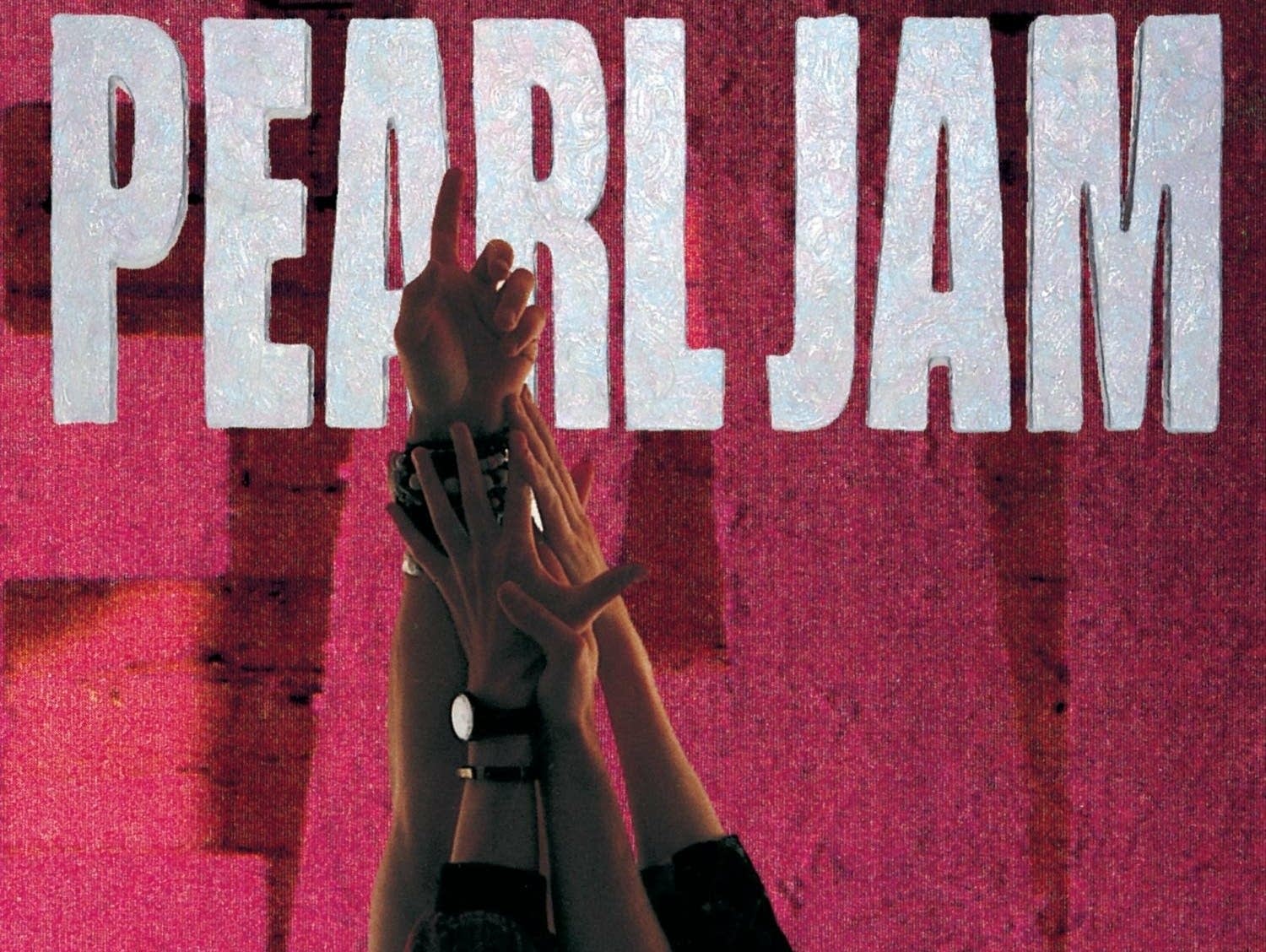“Jeremy”: More Than A Melody – A Haunting Echo From An Anguished Past

In the golden age of 90s grunge rock, some songs transcend mere melody and lyrics to become tragic narratives, haunting warnings that resonate long after the music fades. Pearl Jam’s “Jeremy,” released in 1991, is precisely one such masterpiece. It isn’t just a rock song; it’s a powerful and poignant anthem about isolation, bullying, and the devastating consequences when a young soul is pushed to its absolute brink.
From the quiet, somber opening guitar notes to Eddie Vedder’s raw, powerful, and anguished vocals, “Jeremy” immediately draws the listener into the tormented inner world of a neglected and isolated boy. Vedder’s lyrics, steeped in despair and pain, are not just words but fragments of a harsh reality: “Clearly I remember walking down the hall, Walking up the stairs, Walking into the room… Father didn’t see, Mother didn’t hear.” These lines vividly paint a picture of the surrounding world’s indifference, leaving Jeremy to struggle alone with pains no one comprehends.
The themes of bullying, social alienation, and the profound lack of genuine connection are at the heart of “Jeremy.” The song bravely confronts a painful issue that many prefer to avoid, bringing it into the light in an unflinching and authentic manner. It illustrates how cruel words, indifferent glances, and prolonged isolation can erode a person’s spirit, gradually pushing them into a corner where, at times, the tragic outcome becomes irreversible.
More than three decades have passed since “Jeremy” first emerged, yet its power and resonance remain undiminished. In the context of modern society, where bullying (especially cyberbullying) continues to be a complex problem, “Jeremy”‘s message feels more urgent and heartbreaking than ever. This song is not merely a nostalgic reminder of a bygone era of rock; it serves as a poignant and enduring call to empathy, compassion, and a profound reminder to listen to the silent cries for help around us.
“Jeremy” stands as a testament to music’s ability to do more than just entertain. It can be a voice for the voiceless, a spotlight illuminating the dark corners of society, and a powerful warning that compels us to ensure such tragedies from the past are never repeated.











